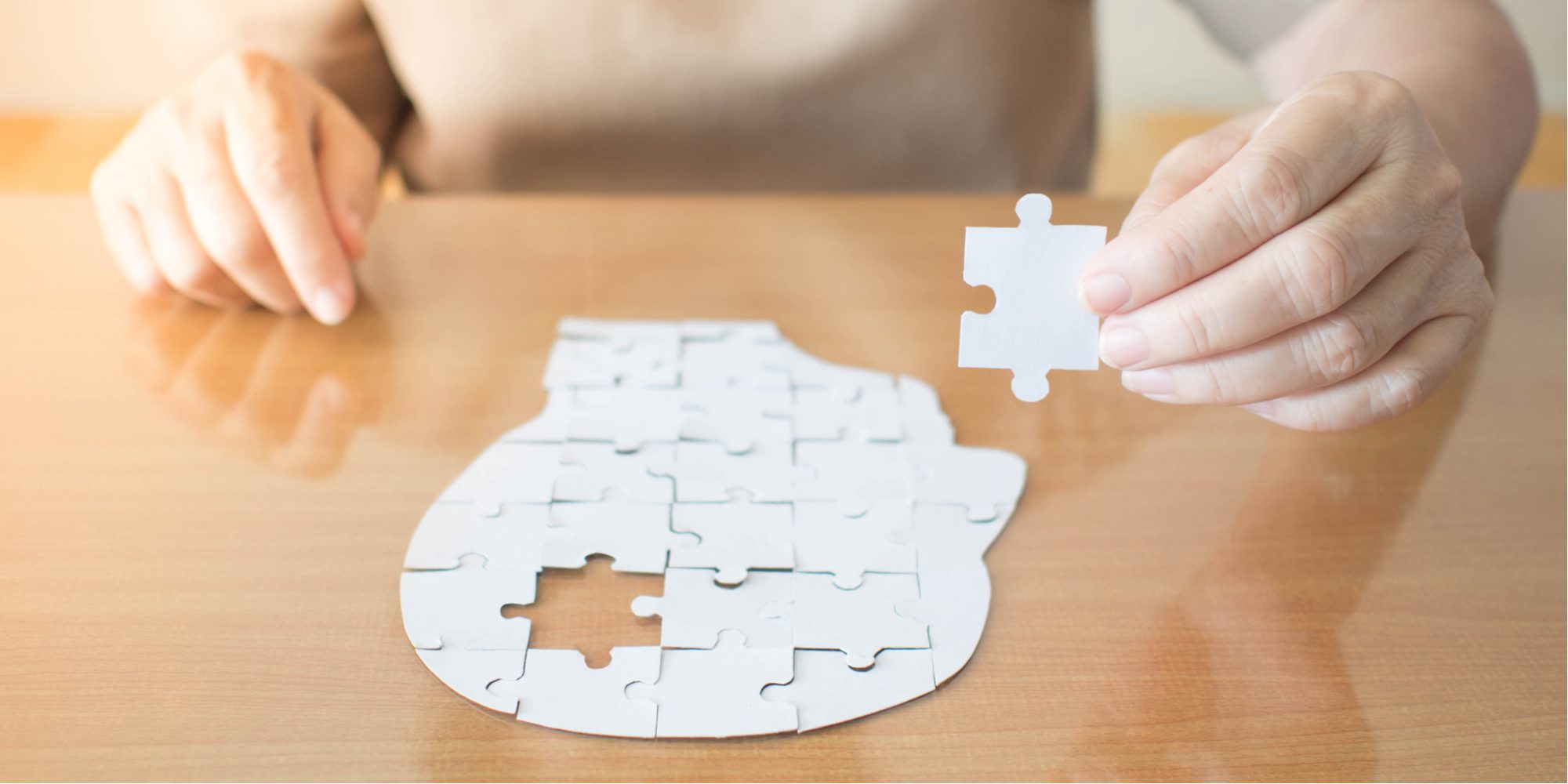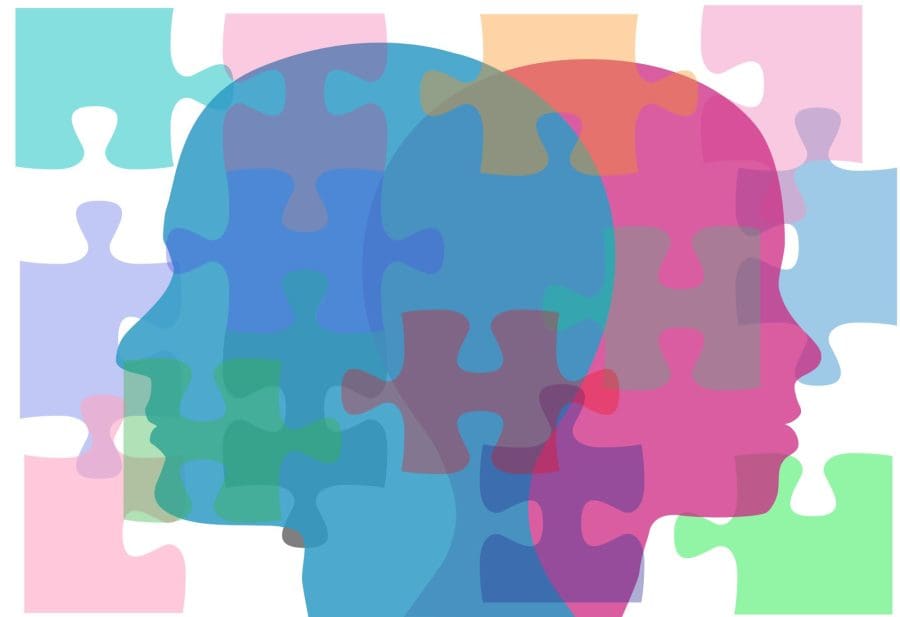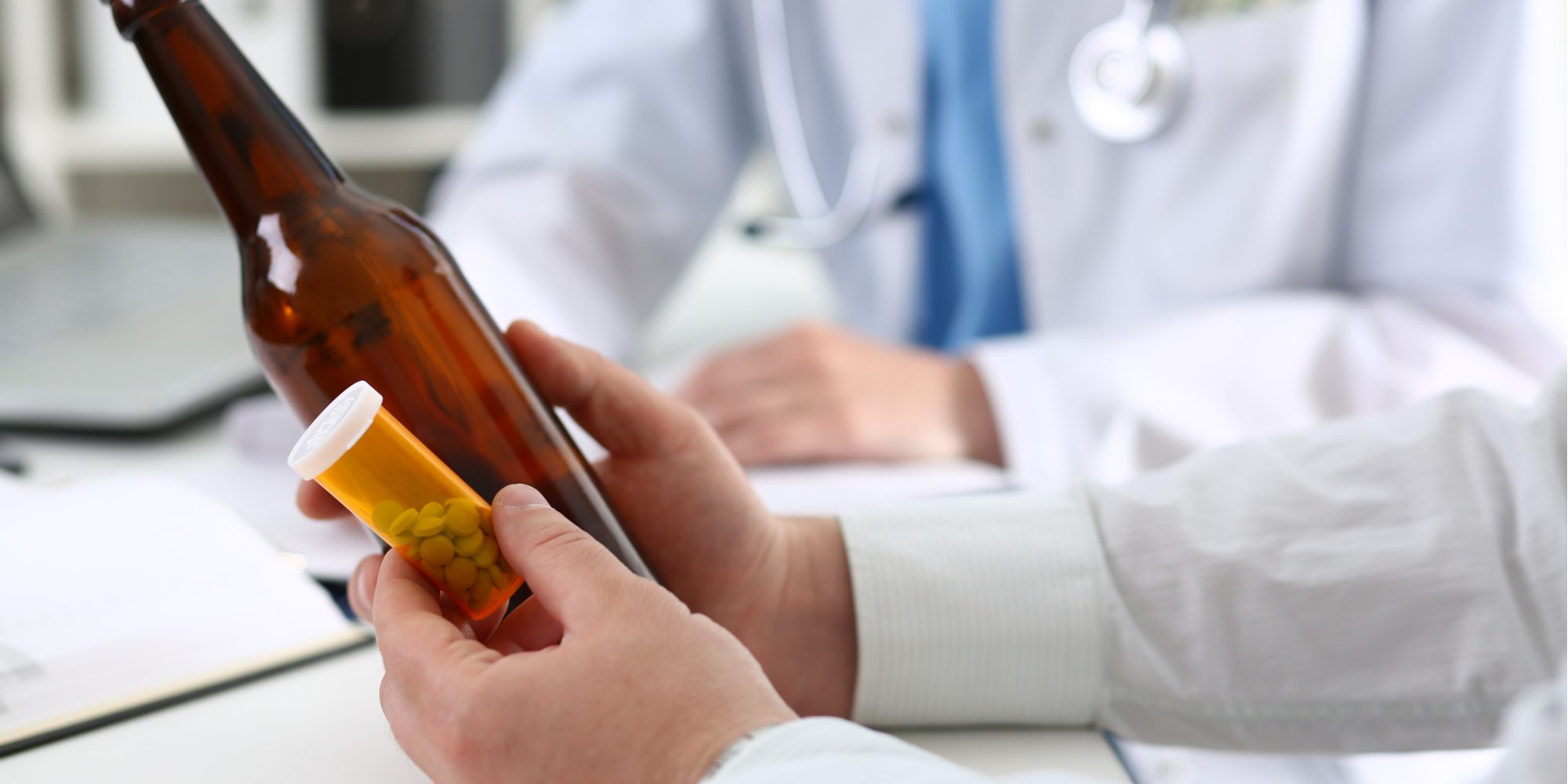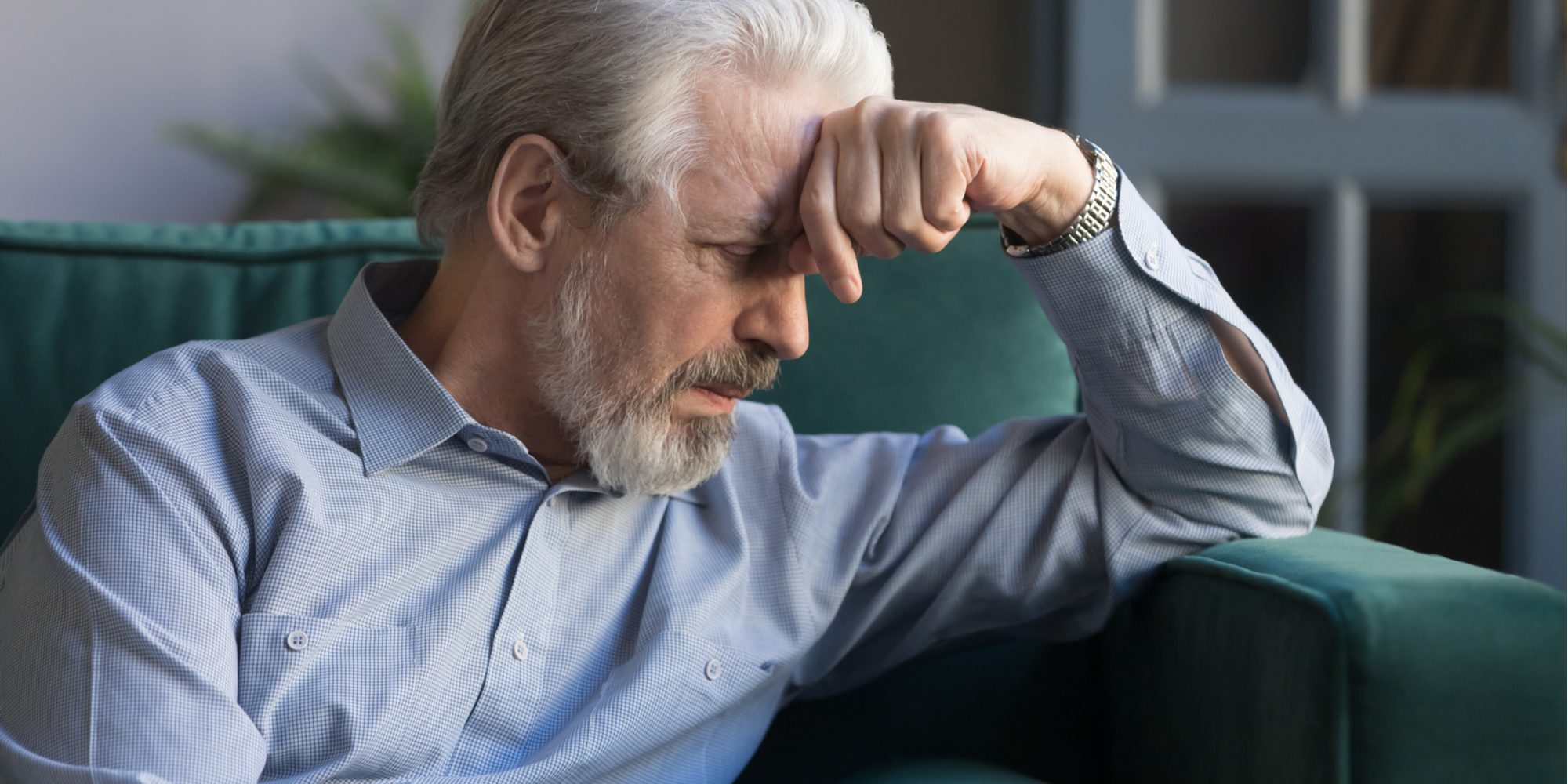It isn’t uncommon for people to be treated for drug addiction or a mental health disorder, but what is dual diagnosis, and what makes its approach different from traditional forms of treatment?
In the not too distant past, it was common for recovery specialists to focus on one area of recovery. Some programs were geared towards tackling mental health issues, while other programs focused on drug addiction. Many programs today follow this same strategy for treatment. Unfortunately, they aren’t very effective if you’re dealing with a dual diagnosis, also known as co-occurring mental health and substance use disorders.
Although substance abuse and mental health conditions can occur separately, they can also occur at the same time, and treating them both at the same time is essential to long-term recovery.
Contents
Substance Abuse
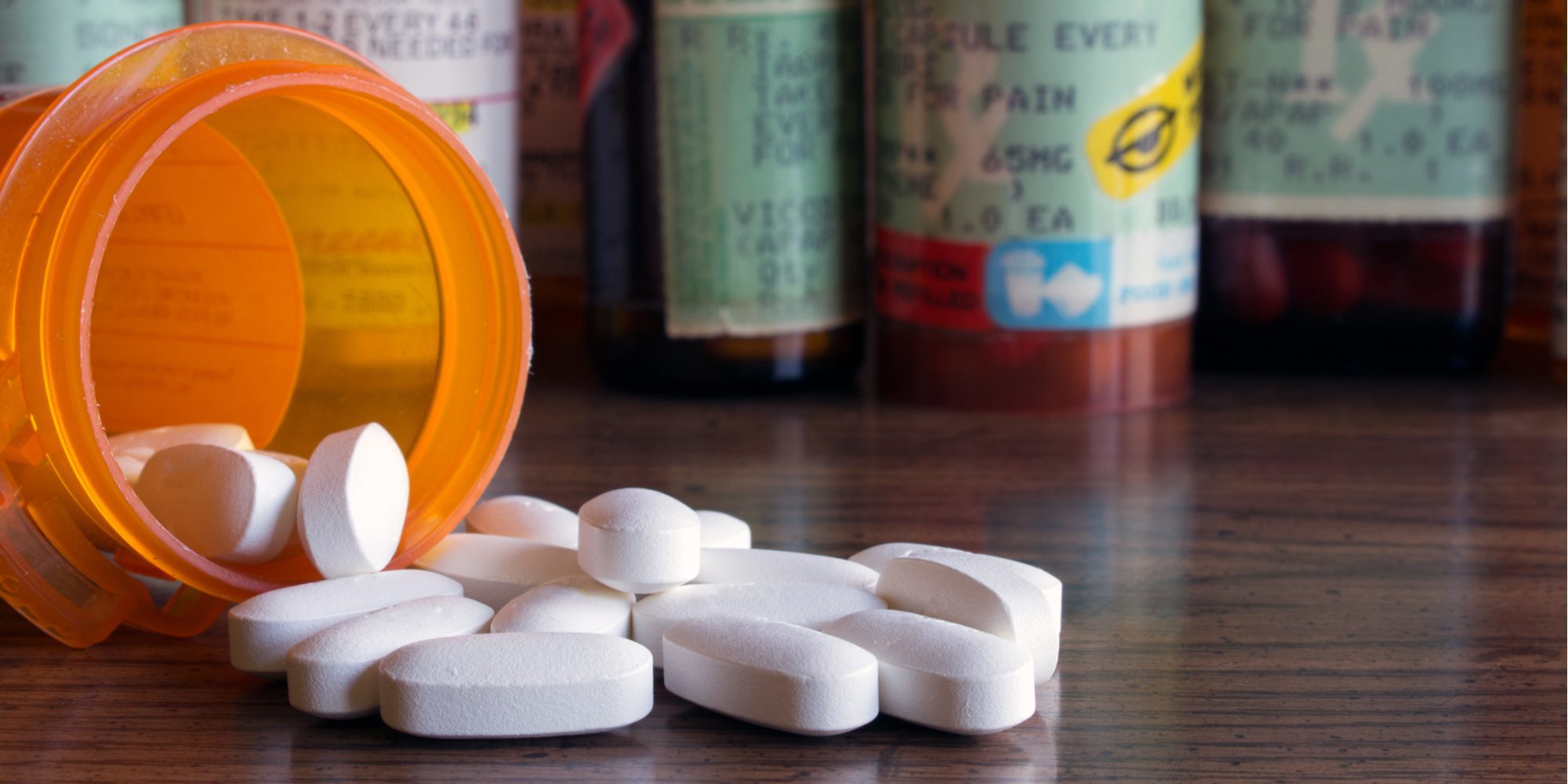
Drug and alcohol abuse can occur for a variety of reasons. In some cases, a substance use disorder may not be present at first. Instead, it may develop over time, while in other cases, it can occur with the first use of drugs or alcohol.
For example, a substance use disorder may not be present when you start drinking socially in your early 20s. It may be something you do on the weekends with friends, but over time, you begin consuming alcohol more regularly. This can eventually develop into an alcohol abuse problem, even when it started with moderate, responsible drinking.
In other cases, people develop addictions after their first use of an addictive substance. For example, using cocaine or heroin makes you likely to use such substances again. However, it’s important to note that drugs that are legal and more socially acceptable, like nicotine, can be just as addictive the first time they are used.
People may become addicted to drugs or alcohol for a variety of reasons that include:
- Genetics
- Family history
- Peer pressure
- Being prescribed addictive medications
There are many support groups and addiction treatment programs that can help you overcome a substance abuse problem, but it’s important to consider whether or not you may also be suffering from a mental illness.
Mental Illness
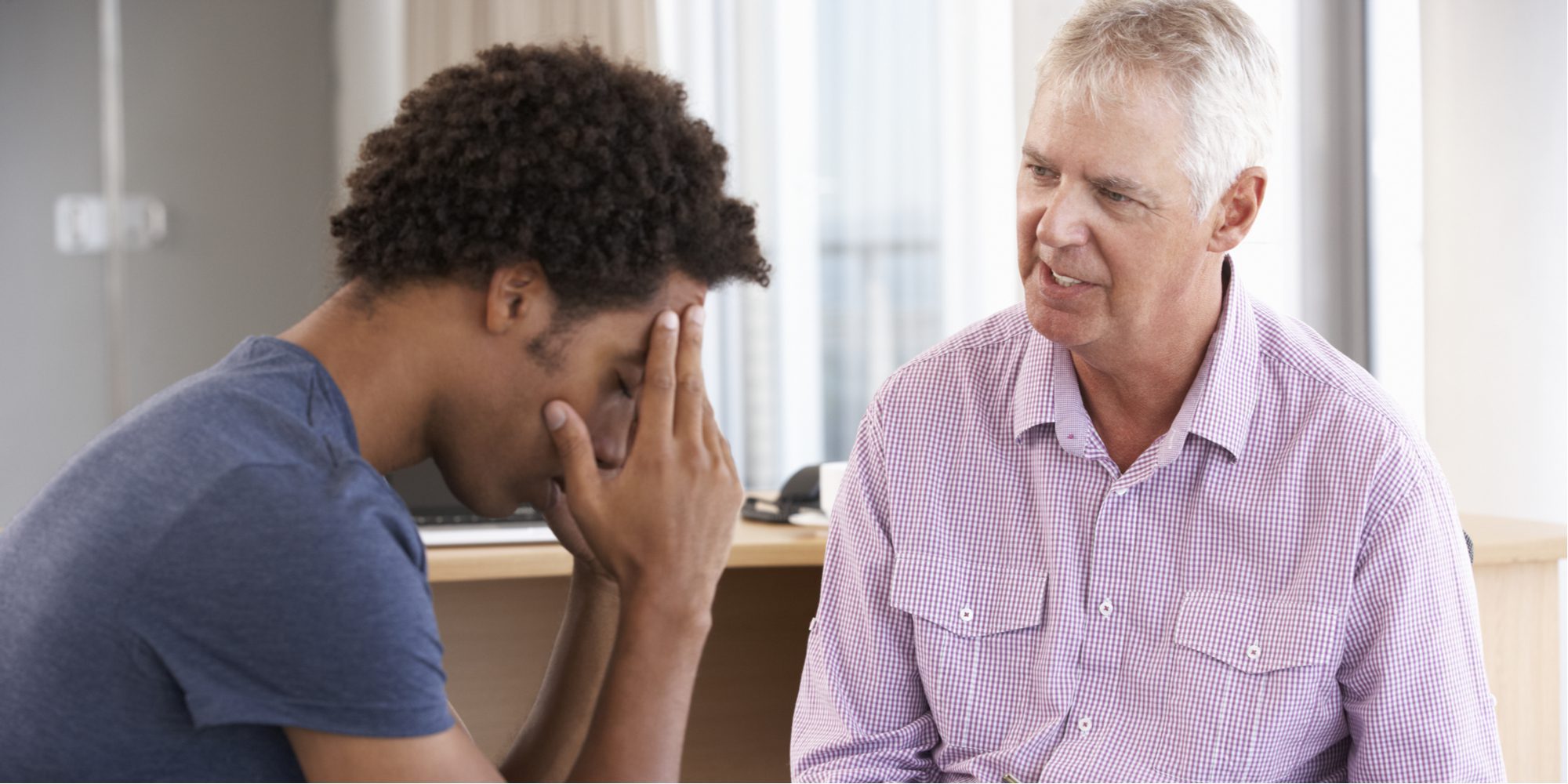
Unfortunately, mental illness isn’t uncommon in the United States. Nearly one in five people live with a mental illness. Just a few mental illnesses that an adult psychiatric program can tackle include:
- Anxiety Disorder
- Depression
- Bipolar Disorder
- Obsessive-Compulsive Behavior
- Panic Attacks
- Post-Traumatic Stress Disorder
- Schizophrenia
Many of the causes of mental illness are similar to substance abuse. Genetics and family history can play a role in developing a mental health issue, but additional factors include life experiences, a traumatic brain injury, and prenatal damage. A substance abuse problem can also impact a mental illness.
How They Interact
When answering the question, “What is dual diagnosis,” you have to understand that mental illness and substance abuse don’t exist in a vacuum. There is a strong correlation between substance use disorders and mental illnesses. About 50 percent of people who have a severe mental disorder also experience substance abuse. Over half of drug abusers have at least one serious mental illness, and 29 percent of people who are diagnosed with a mental illness abuse either drugs or alcohol.
Figuring out which came first can be very difficult because a mental illness can lead to a drug problem, and vice versa. For example, a depressed person may turn to alcohol as a way to cope. In another case, a person may become dependent on alcohol first and develop depression later as they realize their alcohol dependence is becoming a problem.
It may also be the case that one didn’t cause the other. Instead, a mental illness can coincide with a substance use disorder without one having caused the other.
When both issues are ignored, they can both get much worse, but it’s also the case that one can get worse simply because the other is ignored, even if you’re seeking treatment.
Signs and Symptoms of a Possible Dual Diagnosis
There are many signs and symptoms to be on the lookout for if you think you or someone you love may be addicted to drugs or alcohol. There are also plenty of symptoms of a mental health disorder too. Any of these signs could reflect an addiction and/or mental health challenges. They include:
- Abandoning friends and family in favor of new people
- Struggling to keep up with school or work
- Strange sleep patterns
- Delusions or hallucinations
- Feelings of despair, hopelessness, and worthlessness
- Dramatic changes in mood or energy levels
There are a few unique signs that you could be experiencing co-occurring disorders. For example, you may become depressed when you drink or do drugs, but if you still feel depressed when you’re sober, it could be because you’re experiencing both a drug addiction and a mental illness. An additional sign might include previous failed attempts at treatment.
Why a Dual Diagnosis Treatment Program Is Vital to Recovery
A professional treatment plan is important if you’re suffering from a mental illness or a substance abuse disorder, but it is especially important if you’re asking the question, “What is dual diagnosis?” Without treating both, your chances of long-term recovery are slim.
If a mental illness is contributing to a drug or alcohol problem and it isn’t addressed, it will still be present after completing treatment. That will make you more likely to relapse as you adjust to daily life again. Likewise, if you’re treated for a mental illness, but you are also struggling with a drug problem, doing the drug again after your treatment is complete is likely to bring many of the feelings of your mental health issue to the surface again.
A dual diagnosis treatment program is the only way to make sure you’re addressing all the problems that can contribute to a mental health or drug abuse issue, no matter which one may have caused the other. A dual diagnosis program offers integrated treatment plans that will include things like group psychotherapy, illness education, 12-step programs, relapse prevention, and more.
To learn more about everything a dual diagnosis treatment program entails, or to see how you can check into our program, call Baton Rouge Behavioral Hospital at 225-300-8470 or fill out a confidential contact form. We would be happy to help you take the first step towards overcoming any mental health or drug addiction challenges you’re facing.

